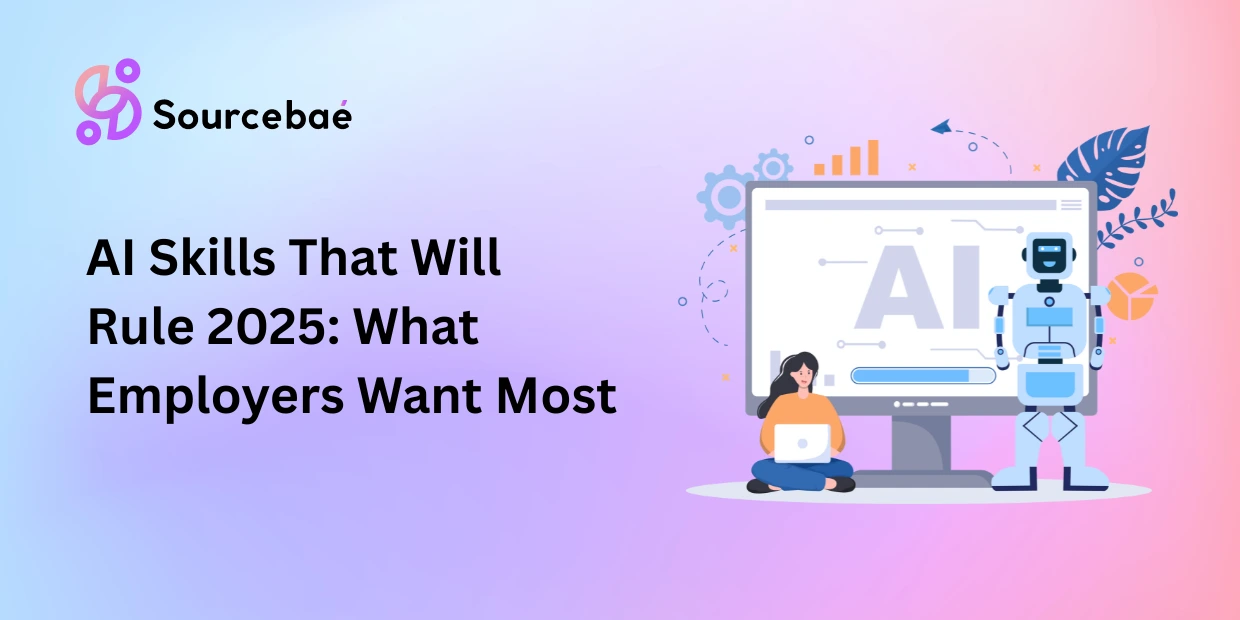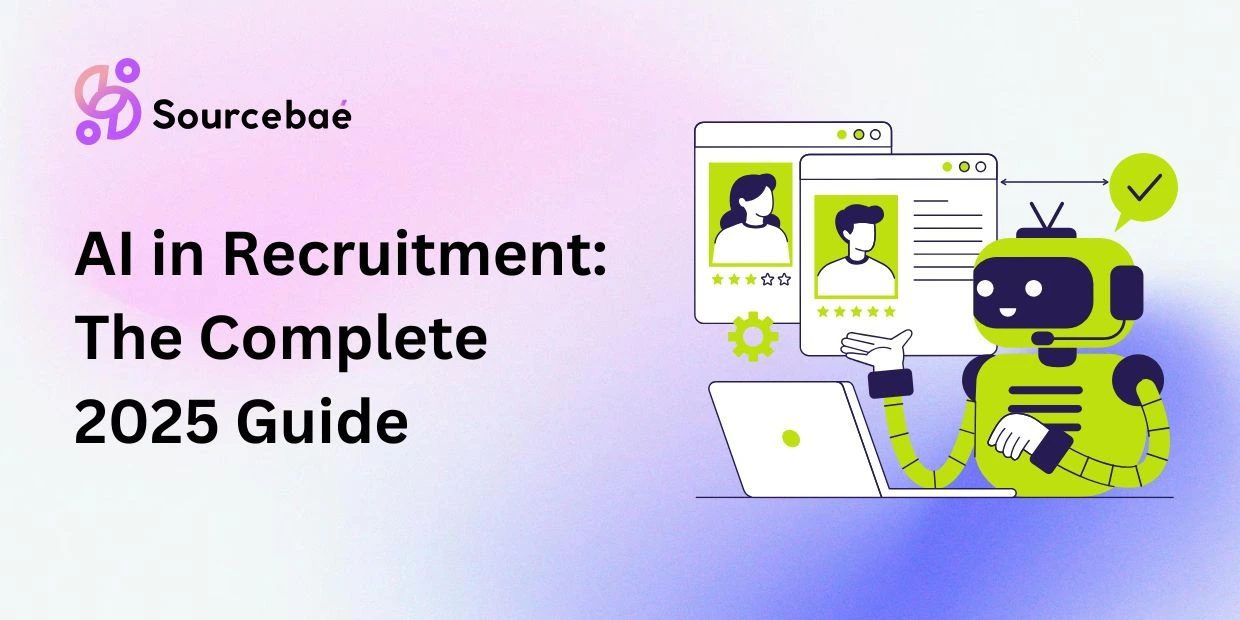In today’s rapidly evolving business landscape, staying competitive requires organizations to harness cutting-edge technologies.
One such technology that has revolutionized the supply chain and logistics sector is Artificial Intelligence (AI). AI’s ability to analyze vast amounts of data, make real-time decisions, and optimize operations has made it a game-changer in the field.
In this comprehensive article, we delve into the realm of AI in Supply Chain and Logistics, exploring its applications, benefits, challenges, and future potential.
AI in Supply Chain and Logistics: Enhancing Efficiency and Precision
Artificial Intelligence, commonly known as AI, is transforming traditional supply chain and logistics practices into streamlined, efficient, and data-driven processes. Through advanced algorithms and machine learning, AI can predict demand, optimize inventory, automate routine tasks, and provide real-time insights for more informed decision-making.
Predictive Demand Forecasting
AI’s predictive analytics enable businesses to anticipate demand trends accurately. By analyzing historical data and external factors, AI algorithms can predict fluctuations in demand, allowing organizations to optimize inventory levels and avoid overstock or stockouts.
Inventory Optimization
Efficient inventory management is crucial for cost reduction and customer satisfaction. AI-driven algorithms analyze data such as sales history, market trends, and seasonal patterns to optimize inventory levels, ensuring products are available when needed without excessive storage costs.
Automation of Routine Tasks
AI-powered robots and autonomous vehicles are revolutionizing warehouses and distribution centers. They efficiently handle tasks such as sorting, picking, packing, and even last-mile deliveries, reducing human error and increasing operational speed.
Real-time Decision-Making
In today’s fast-paced environment, real-time decisions are paramount. AI algorithms process data from various sources like sensors, IoT devices, and market trends to provide accurate insights, facilitating quick and well-informed decision-making.
Leveraging AI for Supply Chain Visibility and Transparency
One of the significant challenges in the supply chain has always been maintaining transparency and visibility across the entire process. AI addresses this challenge by providing real-time tracking, monitoring, and analytics.
Real-time Tracking and Tracing
AI enables real-time tracking of shipments, ensuring products’ location and condition are known at every stage. This visibility reduces the risk of lost or damaged goods and enhances overall customer experience.
Fraud Detection and Risk Management
AI algorithms analyze data patterns to identify potential fraud or irregularities in the supply chain. This proactive approach minimizes risks and ensures the integrity of the products being transported.
Supplier Relationship Management
AI enhances supplier collaboration by analyzing supplier performance data. This data-driven approach helps in supplier selection, negotiation, and maintaining healthy partnerships.
Transforming Last-mile Delivery with AI
The final leg of the supply chain—last-mile delivery—has seen a remarkable transformation due to AI-powered innovations.
Route Optimization
AI algorithms optimize delivery routes based on real-time traffic conditions, weather, and other variables. This reduces delivery times, fuel consumption, and carbon emissions.
Drone and Autonomous Delivery
Unmanned aerial vehicles (drones) and autonomous ground vehicles are becoming increasingly common for last-mile deliveries. AI-enabled navigation ensures accurate and safe deliveries while reducing human involvement.
Customer-centric Personalization
AI analyzes customer preferences and behavior to tailor delivery options, providing choices such as time slots and delivery locations. This personalization enhances customer satisfaction and loyalty.
AI-driven Sustainability and Green Initiatives
AI is not only enhancing efficiency but also driving sustainability efforts within the supply chain and logistics industry.
Carbon Footprint Reduction
AI helps minimize carbon emissions by optimizing transportation routes, reducing fuel consumption, and promoting efficient use of resources.
Waste Reduction and Recycling
AI analyzes waste generation patterns to identify opportunities for reduction and recycling. This minimizes waste disposal costs and supports eco-friendly practices.
Energy Efficiency
Smart warehouses equipped with AI-powered sensors and controls optimize energy usage. These systems adapt lighting, heating, and cooling based on real-time occupancy and demand, leading to significant energy savings.
Overcoming Challenges and Embracing the Future of AI in Supply Chain and Logistics
While the benefits of AI are undeniable, there are challenges that organizations must address to maximize its potential.
Data Security and Privacy
As AI relies heavily on data, ensuring the security and privacy of sensitive information is paramount. Robust encryption, access controls, and compliance with data regulations are essential.
Change Management
Implementing AI-driven changes requires a cultural shift within organizations. Employee training and engagement are crucial to ensure seamless adoption and effective utilization of AI technologies.
Integration with Legacy Systems
Integrating AI solutions with existing legacy systems can be complex. It requires careful planning to ensure compatibility, data synchronization, and minimal disruptions during the transition.
Ethical Considerations
AI-driven decisions raise ethical questions, especially when it comes to autonomous decision-making. Organizations need to establish guidelines for AI’s decision boundaries and be transparent about its actions.
FAQs
Q: How does AI improve supply chain efficiency?
AI enhances supply chain efficiency through predictive demand forecasting, inventory optimization, automation of routine tasks, and real-time decision-making.
Q: What is the role of AI in last-mile delivery?
AI optimizes last-mile delivery routes, enables drone and autonomous delivery, and provides customer-centric personalization options.
Q: Can AI help in reducing the carbon footprint of supply chains?
Yes, AI optimizes transportation routes, reduces fuel consumption, and promotes energy-efficient practices, thereby reducing carbon emissions.
Q: What challenges does AI implementation face in supply chain management?
AI implementation faces challenges such as data security, change management, integration with legacy systems, and ethical considerations.
Q: How does AI enhance supply chain transparency?
AI provides real-time tracking, monitoring, and analytics, ensuring transparency and visibility across the entire supply chain process.
Q: What is the future outlook for AI in supply chain and logistics?
The future of AI in supply chain and logistics looks promising, with advancements in automation, optimization, and sustainability efforts.
Conclusion
The integration of AI in supply chain and logistics is reshaping the industry, driving efficiency, sustainability, and innovation. From predictive analytics to last-mile delivery, AI’s transformative impact is evident across every stage of the supply chain.
As organizations overcome challenges and embrace this technology, they position themselves at the forefront of the evolving business landscape, poised to meet the demands of the future.






